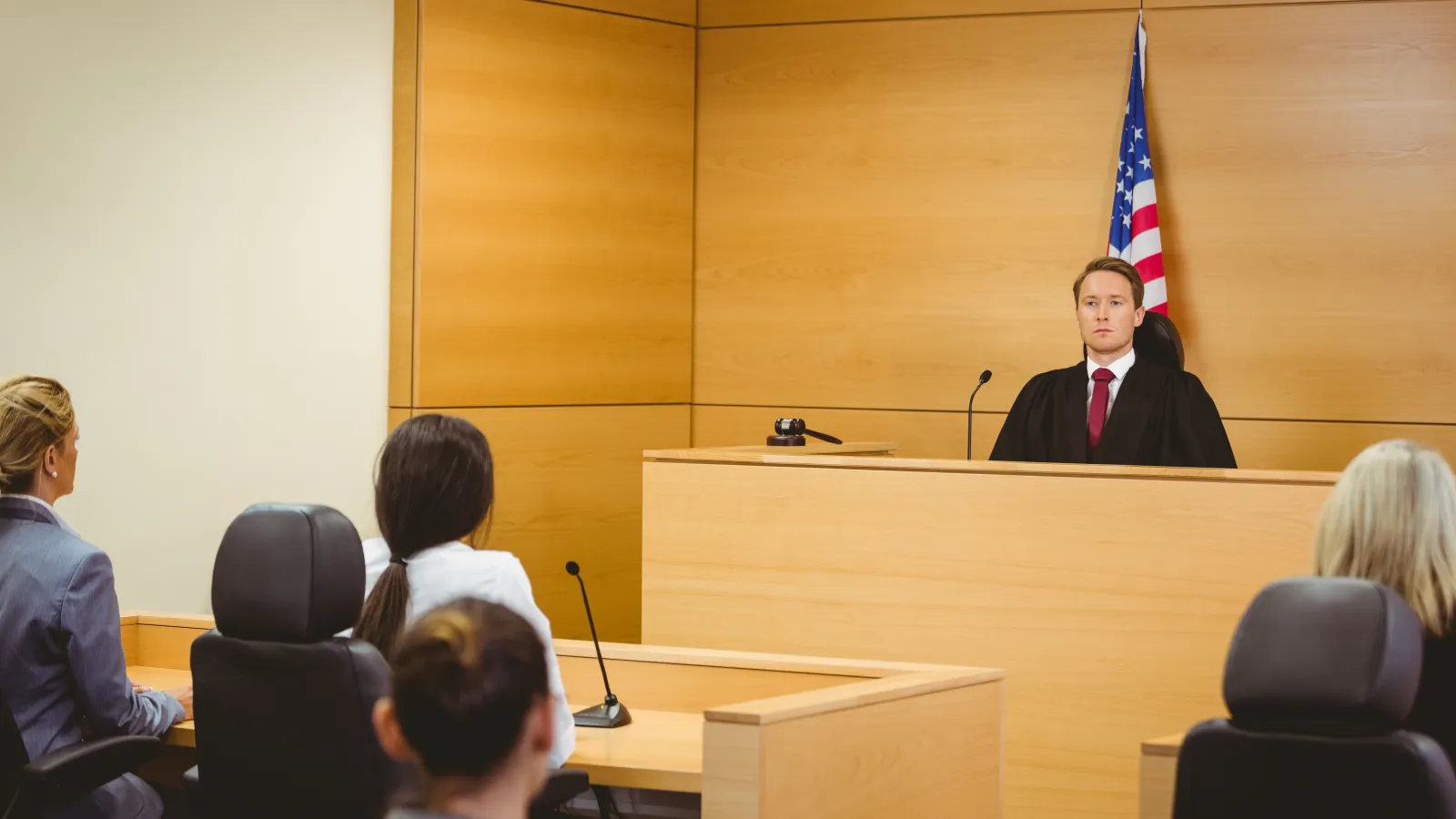Most people are familiar with a restraining order, or have at least heard the term before.
In Georgia, a Temporary Protective Order (TPO) is essentially the same thing as a restraining order. A TPO in Georgia is a court order designed to help victims of family or dating violence obtain protection from the individual or individuals who are abusing, harassing, or stalking them.
A TPO in GA can help victims in the same way a restraining order does: by prohibiting contact between the party seeking the order and the alleged abuser. A TPO may also order the alleged abuser to vacate the family's residence or refrain from visiting a certain place or residence.
How long does a TPO last in Georgia? As indicated by the name, TPOs are temporary, commonly lasting up to one year. However, under certain circumstances, a TPO may be extended for up to three years and may even be extended permanently.
Before a court will issue a Georgia protective order, specifically a TPO, the following must occur:
- A recent act of family violence between the abuser and victim;
- The victim, or someone acting on his or her behalf, must complete a petition requesting a TPO;
- A hearing where the victim will have an opportunity to speak with the judge about the abuse;
- and, If the judge finds that it is appropriate to issue a TPO, the court will issue the order, and a copy of that order will be served on the abuser by the sheriff.
Most divorce lawyers handle temporary protective orders in Georgia by requiring you to pay an initial payment or retainer (typically $2,500 to $5,000). After that, they submit a bill to you for every hour they work on your case. This makes it impossible to predict the price.
At Meriwether & Tharp, we believe there's a better way. For TPOs between two married parties, we charge flat fees. You pay one upfront cost, and we handle your entire TPO. No more surprise monthly bills or unknown costs.
You're dealing with enough as it is; don't settle for expensive TPO with an unknown cost.For TPOs between two unmarried individuals, or TPOs that include multiple parties, we charge a $2,500 initial payment.










